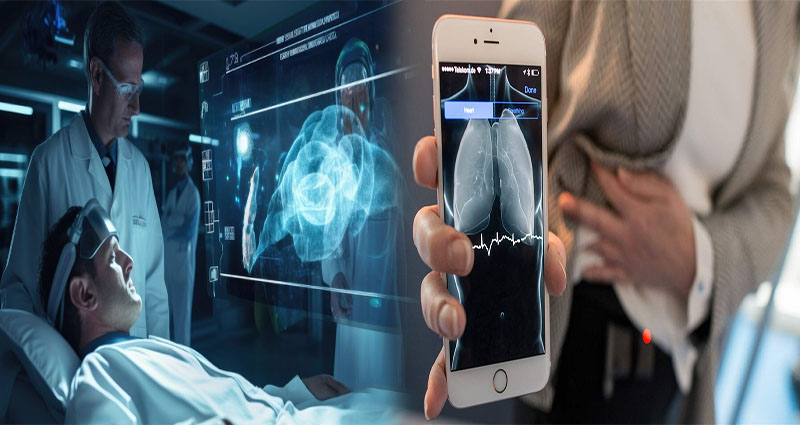Personalized Treatment Plans at Addiction Services Clinics
Addiction services clinics are playing a crucial role in addressing substance abuse disorders through the use of personalized treatment plans. By tailoring treatment approaches to meet the unique needs of each individual, these clinics are able to provide more effective and targeted care to those struggling with addiction.
One of the key components of personalized treatment plans at addiction services clinics is individualized assessments. Upon entering the clinic, patients undergo comprehensive evaluations that take into account their medical history, substance use patterns, mental health status, and social support systems. This information is then used to create a customized treatment plan that addresses the specific needs and challenges of the individual.
In addition to individual assessments, addiction services clinics also utilize a variety of therapeutic modalities to support patients on their journey to recovery. These may include cognitive-behavioral therapy, motivational interviewing, group therapy, medication-assisted treatment, and holistic approaches such as yoga … Read More













